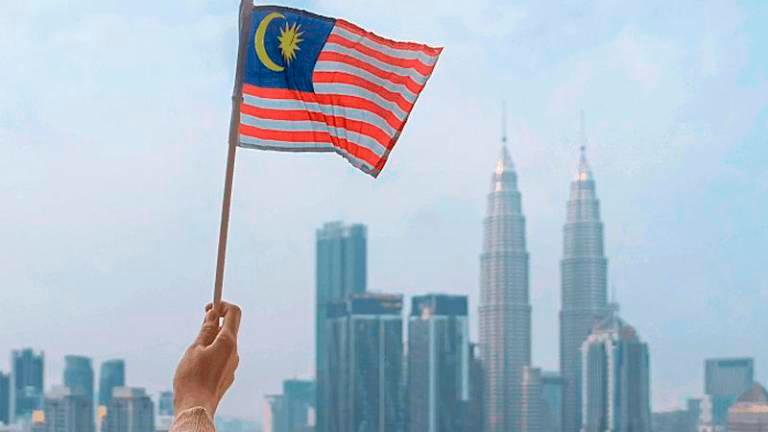KUALA LUMPUR: ‘Family’ is a term that is easy to translate and has a meaning that is very close to each individual, as well as the most important foundation in building a society.
On the broader scope, especially when the country is struggling to recover from the impact of Covid-19 pandemic, the introduction of the Malaysian Family concept is seen as appropriate in the context of national well-being which highlights the noble family values such as tolerance, empathy, love and sacrifice.
The Malaysian Family, which is based on three main characteristics, namely inclusivity, common ground and contentment was introduced by Prime Minister Datuk Seri Ismail Sabri Yaakob in his maiden speech as Malaysia’s ninth Prime Minister on Aug 22.
Such a concept is not something out of the ordinary, in fact Malaysia has seen various administrative concepts with their own themes or slogans introduced by each prime minister and government, including ‘New Malaysia’ during the Pakatan Harapan government era, ‘1Malaysia’ concept (Datuk Seri Najib Tun Razak) and ‘Islam Hadhari’ (Tun Abdullah Ahmad Badawi).
Citing Ismail Sabri’s speech at the soft launch of Malaysian Family on Oct 8, the Prime Minister said the idea was chosen because a family will always uphold religious principles, ensure safety, protect the dignity and care for the wellbeing of its member.
“In the context of a nation, we are the Malaysian Family made which comprises people of different faiths, races, ethnicities and age groups, but despite the different religious, racial and cultural backgrounds, we celebrate the inclusivity, upholding the spirit of Malaysia as a nation-state.
“The inclusivity that we celebrate is the seed that will grow in the heart of every one of us. It is a valuable asset that must be protected. Every value of this family is an important component that will determine the fate of this country,” said Ismail Sabri.
Translating the conceptual framework of the Malaysian Family, a professor at the Faculty of Administrative Science and Policy Studies, Universiti Teknologi MARA (UiTM), Prof Datuk Dr Nasrudin Mohammed opined that elements in the concept can also be considered as government efforts in addressing the question of democracy.
He said it was an effort to minimise political differences between various parties in the country which was expected to ease political pressure whether at the individual, party or government level and work collectively to prioritise harmony in all situations.
Therefore, for the Malaysian Family to succeed, the basic elements of life must be strengthened in the family institution itself and supported by the government through public policy (related to social development) as well as constantly improved practical and realistic fiscal policy for the people.
“Every expenditure (budget) and policy made by the government must take into account the needs of the community (Malaysian Family) and all relevant agencies.
“The policy must cross certain considerations such as ethnicity, the disabled, or any group that is seen as marginalised from economic, social or general development advantages.
“The process of translating the Malaysian Family by the people will take place when the question of inclusivity, connectivity, objectivity, subjectivity as well as the transformation and sustainability of values, including its practices, is given priority by the government as a whole,“ he told Bernama.
The political analyst said the issue of Malaysian Family ‘plagiarising’ the idealism of the 1Malaysia concept should not arise because the philosophy of the two concepts prioritised humanity, well-being of the people and government accountability.
He said the two ideas could be well blended and harmonised to elevate the well-being of the community or the people.
Apart from that, Nasrudin said the proposal to create a Malaysian Family Day celebration was also seen as appropriate to show the government’s commitment in driving family values and encouraging the community to return to the core of society. — Bernama









